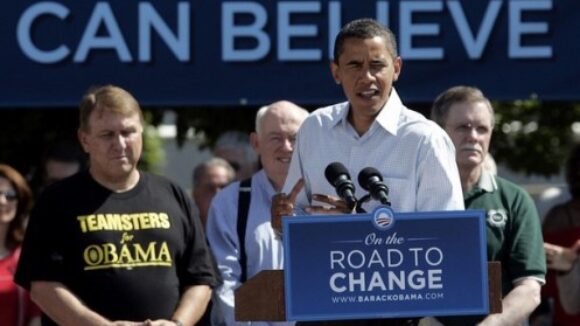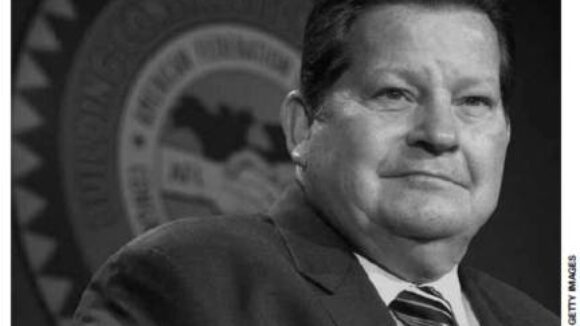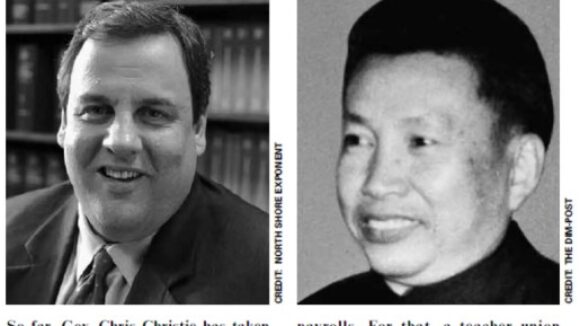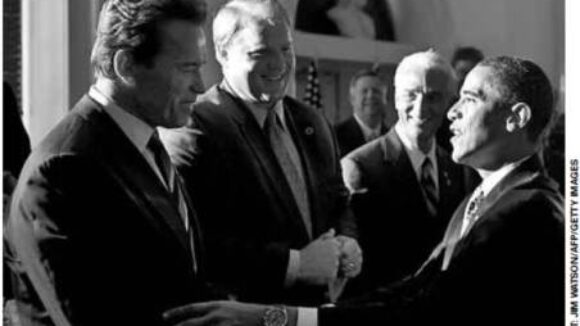Why Is Big Labor 'Out of Touch' With Workers? Union Officials Making $150,000+ Tripled
Forced-Unionism Privileges, Not Fat Paychecks, Are the Root Cause
(Source: May 2010 NRTWC Newsletter)
Just between 2000 and 2008 (the last year with complete data), the number of union officials and union staff members "earning more than $100,000 a year" tripled.
Over the same period, the number of officers and staff "earning more than $150,000 also tripled."
The review of federal union disclosure forms to derive these data, which pointedly challenge the conventional wisdom about union finances today, was performed not by the National Right to Work Committee or by an anti-union pundit, but rather by New York City-based union activist Mark Brenner.
Mr. Brenner published his findings in an article appearing in the March issue of Labor Notes, a publication that strongly supports forced unionism, but is independent of the union hierarchy.
Data Indicate Unionized Workers' Job Losses Don't Deplete Union Treasuries
The fact that the number of union officials and staff earning high salaries "has exploded in recent years," as Mr. Brenner has demonstrated, might surprise people who get their information on labor unions from major media.
Many commentators on American labor unions have spun together a myth about declining union finances from what is truly bad news only for union-"represented" workers, who are typically forced to pay union dues or "agency" fees as a condition of employment.





